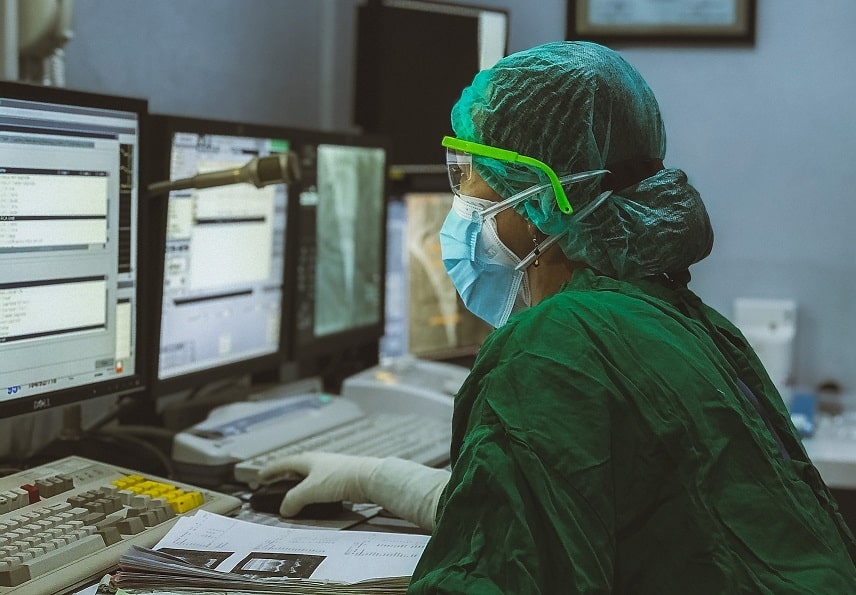In matters concerning eye health, trust and precision are paramount. However, instances of clinical negligence for eye conditions can result in devastating consequences for patients.
At The Medical Negligence Lawyers, we understand the gravity of such situations and are dedicated to helping victims of clinical negligence seek the compensation they deserve.
In this comprehensive guide, we delve into the intricacies of clinical negligence for eye conditions, shedding light on the legal process and the steps you can take to secure justice.
Understanding Clinical Negligence for Eye Conditions: What Constitutes Negligence?
Misdiagnosis or Delayed Diagnosis
One of the most common forms of clinical negligence for eye conditions is misdiagnosis or delayed diagnosis. When healthcare professionals fail to accurately diagnose eye conditions in a timely manner, patients may suffer irreversible damage to their vision or even permanent blindness. Whether it is failing to detect conditions like glaucoma, macular degeneration, or diabetic retinopathy, misdiagnosis or delayed diagnosis can have profound consequences for patients and their quality of life.
Surgical Errors and Complications
Surgical procedures involving the eyes require the utmost precision and skill. Unfortunately, surgical errors and complications can occur due to negligence on the part of surgeons or medical staff. From errors during cataract surgery to complications arising from laser eye surgery, patients may experience pain, vision loss, or other serious consequences as a result of surgical negligence.
Inadequate Treatment or Follow-Up Care
In some cases, clinical negligence for eye conditions may involve inadequate treatment or follow-up care. This can include prescribing incorrect medications, failing to monitor patients’ conditions properly, or neglecting to provide necessary post-operative care. Inadequate treatment or follow-up care can exacerbate existing eye conditions or lead to further complications, leaving patients with long-term consequences and diminished quality of life.
The Road to Recovery: Pursuing Medical Negligence Compensation
If you have been a victim of clinical negligence for an eye condition, you have the right to seek compensation for the harm and suffering you have endured. Pursuing medical negligence compensation involves several key steps:
Seek Legal Advice The first step in pursuing medical negligence compensation is to seek legal advice from experienced solicitors specialising in clinical negligence cases. At The Medical Negligence Lawyers, our team of legal experts is here to provide compassionate support and expert guidance throughout the claims process.
Gather Evidence: To build a strong case for medical negligence compensation, it is essential to gather evidence to support your claim. This may include medical records, expert testimonies, and documentation of the harm and suffering you have experienced as a result of clinical negligence.
Negotiate a Settlement: Once evidence has been gathered, our legal team can work tirelessly to negotiate a fair settlement on your behalf. Whilst many medical negligence cases are resolved through out-of-court settlements, we are prepared to take your case to trial if necessary to secure the compensation you deserve.
Take Action Today: Secure Your Right to Compensation
If you have been a victim of clinical negligence for an eye condition, do not suffer in silence. Take action today to secure your right to compensation with The Medical Negligence Lawyers by your side. Our dedicated team can fight tirelessly to hold negligent healthcare providers accountable and ensure that you receive the compensation you deserve for the harm and suffering you have endured.
Contact us today for a free consultation and take the first step towards justice and closure.
The content of this post/page was considered accurate at the time of the original posting and/or at the time of any posted revision. The content of this page may, therefore, be out of date. The information contained within this page does not constitute legal advice. Any reliance you place on the information contained within this page is done so at your own risk.
